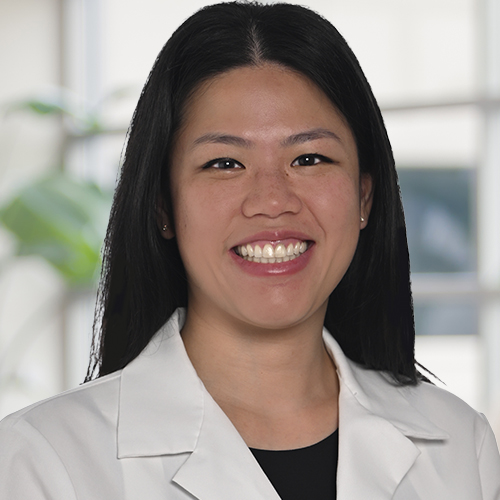Your thyroid is a tiny-yet-mighty gland that regulates many bodily processes, such as cardiac function, digestive function, bone health, and temperature regulation. So, when something goes awry with the thyroid, individuals may develop a number of undesirable symptoms.
Dr. Sara Yap, endocrinologist at Riverside Healthcare, shares important information about the thyroid—including the different types of thyroid disorders and what treatments are available.
3 Primary Types of Thyroid Disorders

When it comes to thyroid disorders, Dr. Yap explains there are three primary areas of concern: hyperthyroidism, hypothyroidism, and presence of thyroid nodules—which may be cancerous.
Hyperthyroidism means the thyroid is producing too much thyroid hormone. The most common cause of this disorder is Graves’ disease. Patients tend to experience weight loss, heart palpitations, diarrhea, sweating and feeling hot, and in certain cases eye changes.
Alternatively, hypothyroidism indicates low thyroid function. People often experience fatigue, weight gain, swelling, constipation, or feeling chilled much of the time.
Patients with thyroid nodules have swelling on the neck or feelings of lumps and bumps, difficulty swallowing, or even difficulty breathing when the nodule becomes very large. Depending on the character and size of the nodule, it may be biopsied to ensure it’s not cancerous.
“The majority of thyroid nodules are non-cancerous, which is very reassuring,” shares Dr. Yap. “A lot of our patients get diagnosed with thyroid nodules when they notice something on their neck that leads to an ultrasound or they go to the emergency room for a headache and healthcare providers happen to notice nodules on the thyroid.”
What Causes Thyroid Disorders?
Thyroid disorders arise for different reasons. Some medications can actually affect thyroid function. Other potential causes include neck radiation, family history of thyroid disorders, and prior thyroid surgeries.
Dr. Yap notes that maintaining a healthy, balanced lifestyle may help protect against thyroid disorders—although some information surrounding this strategy has not been medically proven. “If patients are on certain supplements, just check the back for instructions. Some weight loss supplements actually have thyroid medications or thyroid-related ingredients that need to be looked into,” she cautions.
How Are Thyroid Disorders Treated?
Medication is an effective way to address thyroid disorders. For hyperthyroidism, the most common medications are propylthiouracil or methimazole, which are taken orally. “In some cases, we do recommend radioactive iodine ablation to burn out the thyroid, as well as thyroid surgery if need be,” notes Dr. Yap. For hypothyroidism, levothyroxine is the most common medication.
In order to ensure the medications work as they should, Dr. Yap urges patients to keep up with their medication regimen. Failure to do so could result in palpitations and heart arrhythmia (hyperthyroidism) and drowsiness and confusion (hypothyroidism)—all of which could lead to hospitalization. “These are endocrine emergencies we don’t want our patients to have. Please take your medications.”
She also encourages anyone who is experiencing thyroid disorder symptoms to visit with their primary care provider. Many of the symptoms accompany other medical issues, so just because a person is fatigued or has gained or lost weight it doesn’t mean they have a thyroid disorder.
To schedule with your primary care provider visit riversidehealthcare.org/primarycare.